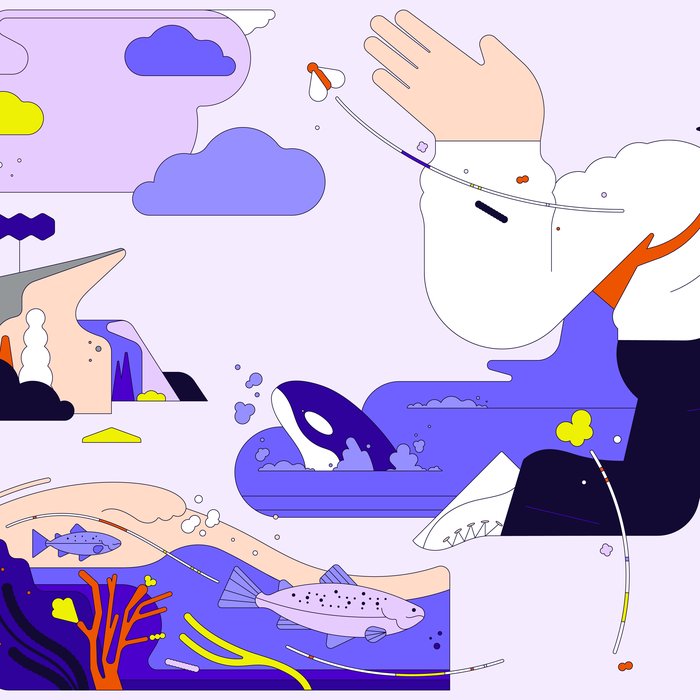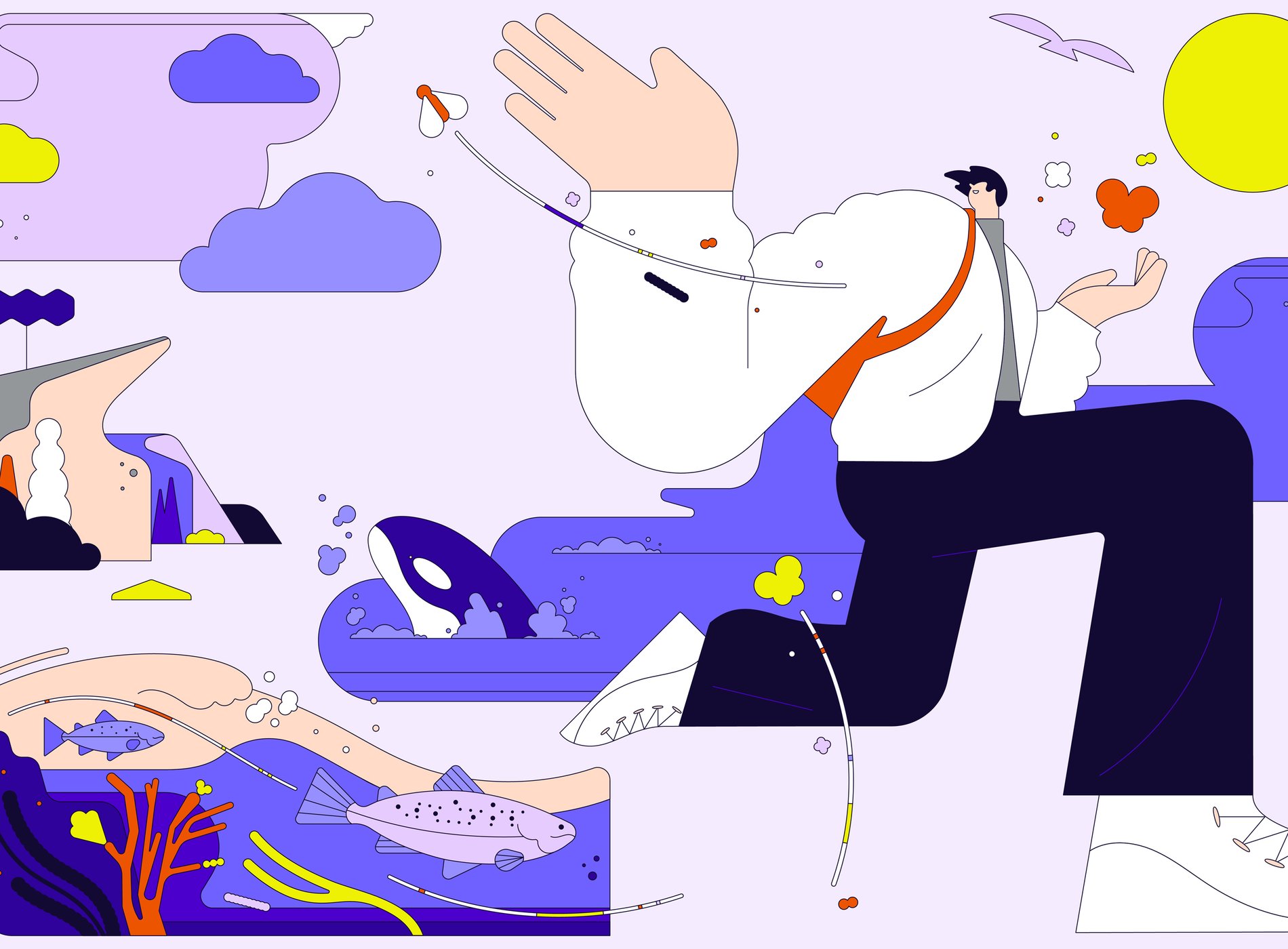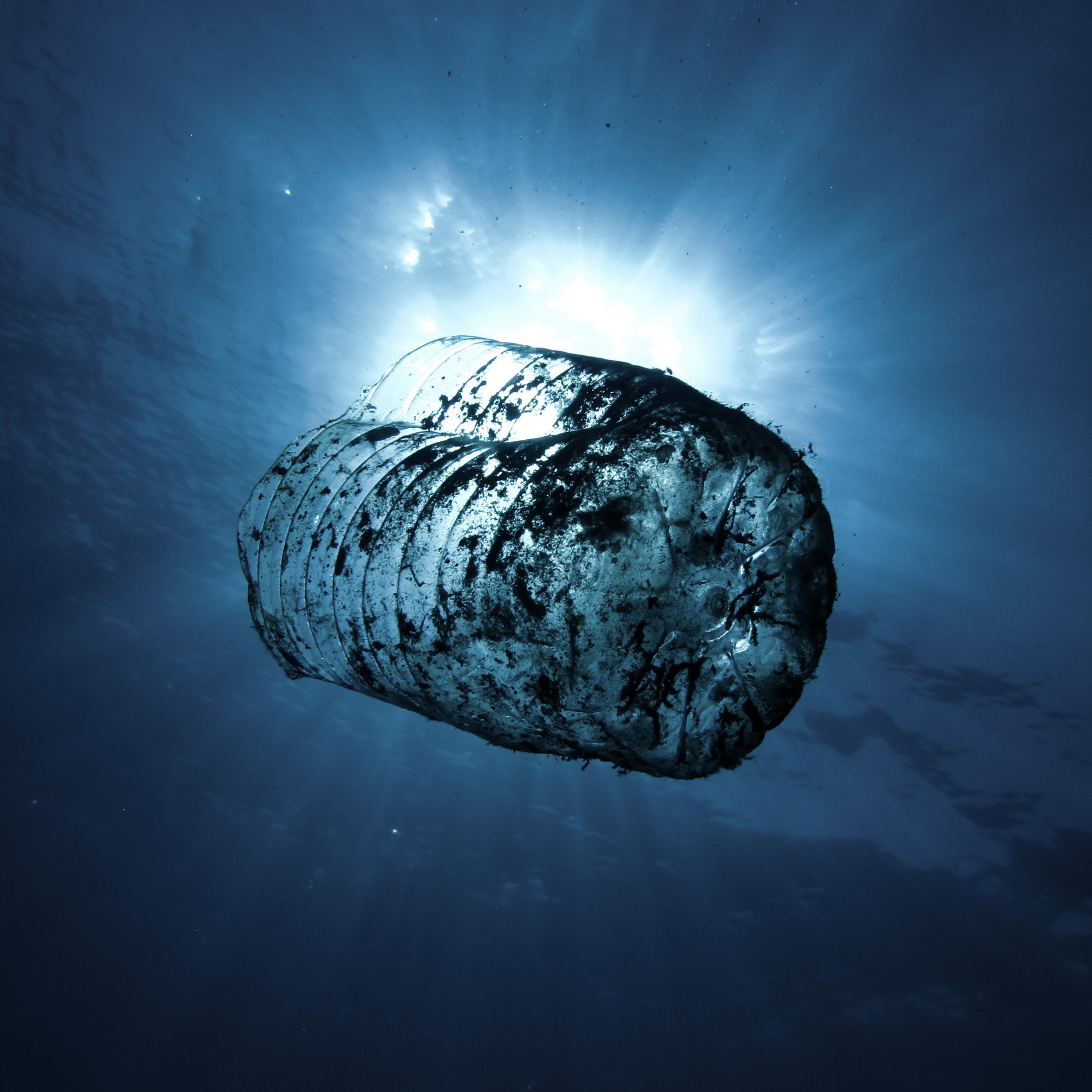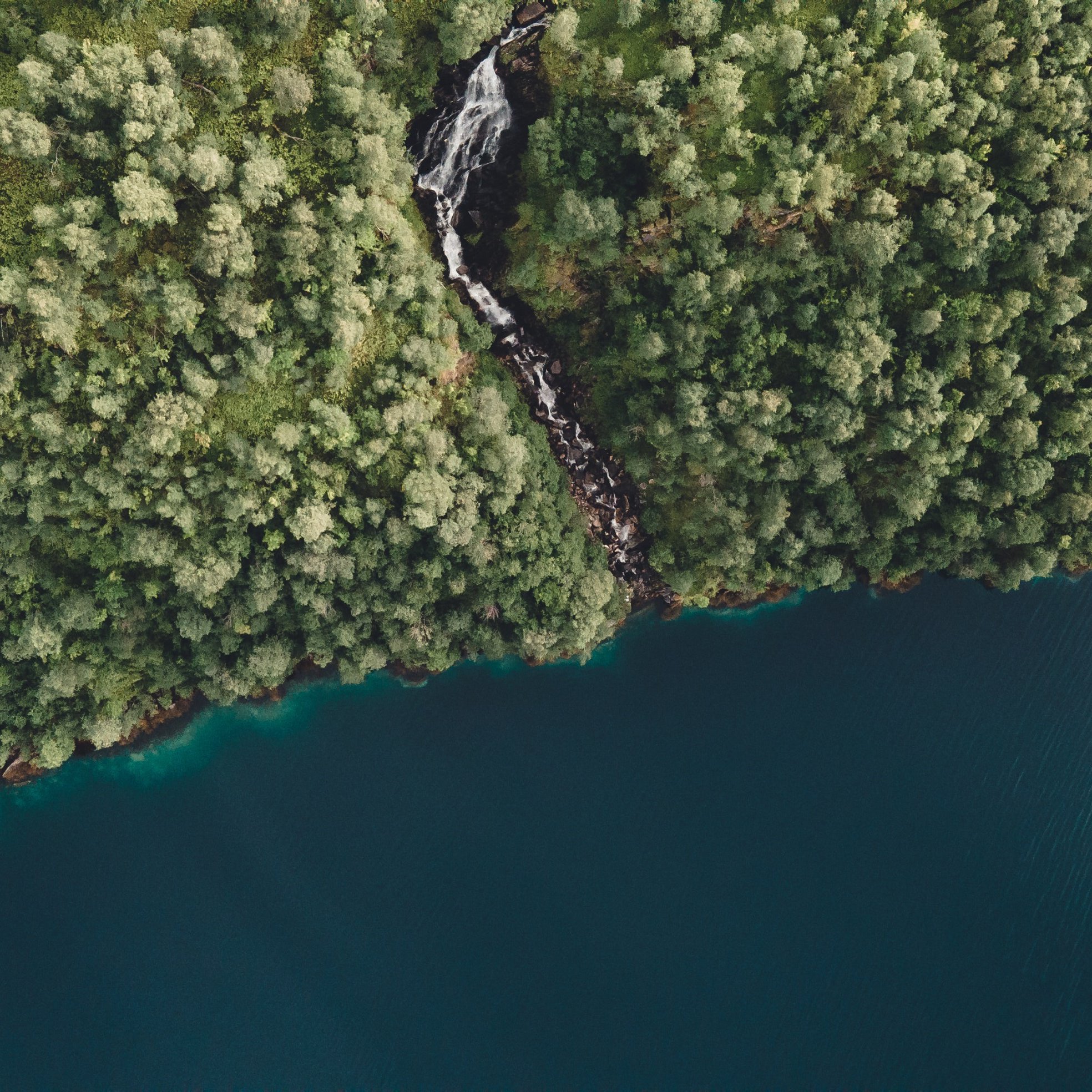Ethics & Environmental, Social & Corporate Governance


Ethics & Environmental, Social & Corporate Governance


The core qualities in ethics for this new normal is to:

Photo by Nariman Mesharrafa on Unsplash

Photo by Taneli Lahtinen on Unsplash
According to the World Economic Forum; ‘90% of large fish in the ocean have disappeared in the last 50 years, as overfishing, pollution and warming seas are taking their toll’ [2010 Census of Marine Life]. With traditional fishing taking seafood, equivalent to the human weight of China, out of the oceans every day; that’s 80 to 90 million tonnes [Paul Greenberg, The Fish on my Plate]. The demand for a healthy reliable source of protein, to support our growing populations, needs solutions that cares for both these factors; both people and planet.
That’s why we’ve radically rethought seafood production. Solutions that also address the harm already caused by human impact. Not just lowering but working to reverse.
Research conducted by the Ellen MacArthur Foundation, World Economic Foundation & McKinsey & Company, estimated that every minute, one garbage truck of plastic is dumped into the ocean. At the current rate, it will be two trucks per minute by 2030. That’s one third of the 78 million tonnes of plastic packaging produced every year ending up in our oceans and seas.
In 2019 the peer-reviewed multidisciplinary scientific journal, PNAS [Proceedings of the National Academy of Sciences of the United States of America] outlined the startling data that global warming has heated the oceans by the equivalent of one atomic bomb explosion per second for the past 150 years; as carbon emissions have risen, it’s now equivalent to between three and six atomic bombs per second.
Viking Aqua exists to be a part of the sustainability revolution in seafood production to meet these targets. Sustainability is in the core of all our activities.

Photo by Joanna Kosinska on Unsplash

Photo by Daniel Wiesenfarth on Unsplash
We exist to provide the consumer with sustainably produced Atlantic salmon. Aiming to become the world’s first land based aquaculture with BREEAM-NOR certification. The BREEAM-NOR standards are based upon best practice for construction and aims to be leading in fields such as environmental impact, energy consumption and quality.
Of course, our most important resource is our salmon. Fish welfare is one of our focus areas when it comes to ethics and sustainability. A healthy salmon provides the consumer with sustainability produced salmon that gives a minimal amount of waste into the environment. We will closely monitor all use of chemicals and pharmaceuticals. One of our key tools to achieve sustainability in transparency.
We truly believe that our global need for protein doesn’t need to cost the earth. We’re on a mission to prove it, balancing social, economic and ecological health; vital for a prosperous future.